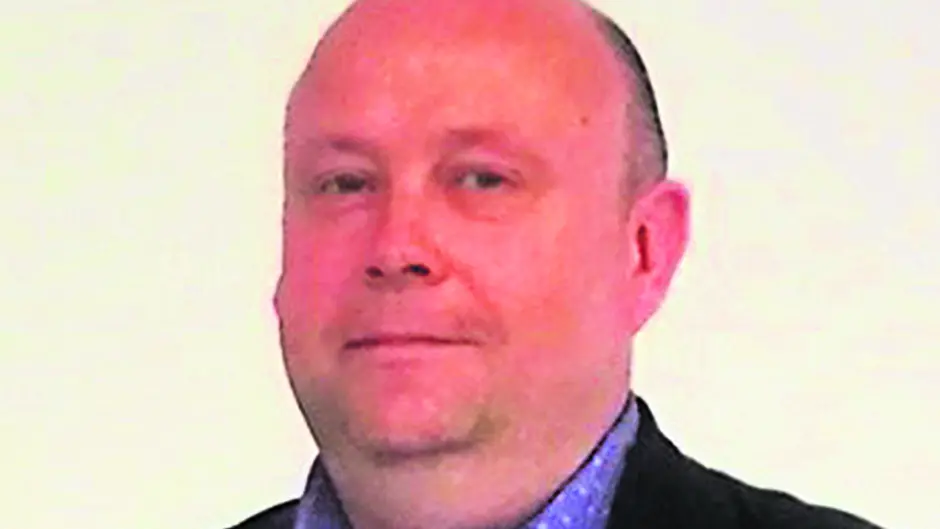We shouldn't avoid commemorating controversial events, simply because it might make people uncomfortable, writes Niall Murray
BY NIALL MURRAY
IT is challenging to remember with dignity events 100 years ago when violent loss of life was an everyday reality in Ireland.
Despite the degree of political self-governance for most of the island which resulted from those traumatic times, commemorating them may prove particularly challenging in West Cork because of its ‘starring role’ in an often-bloody drama.
The War of Independence reached some of its lowest depths in 1920, and probably nowhere more so than in our native county. The city’s streets were ablaze, its political leaders dying by bullet or starvation. The roads around our countryside were almost impassable and many of those that remained open bore the scars of bombs, or were stained with bloodshed by all sides in a worsening conflict.
West Cork’s fields and bogs were the primary route for gunmen, and for women carrying weapons and messages, all intent on keeping alive a military campaign and hopes of an independent Ireland. Even those who took no role did not avoid suffering, and some bore the brunt of reprisals by agents of the state, by the Auxiliary police force and British army units drafted in to rip out the first snagging threads in a global empire in danger of rapidly unravelling.
Just as our appreciation of women’s roles in the revolution is finally growing, the ways that we remember and acknowledge those events of the past is changing rapidly. For all its downsides, technology is enabling whole new approaches to history and commemoration.
This is evident, for example, in armchair access to millions of searchable digitised pages from Irish and overseas archives – for those fortunate to enjoy reliable broadband! It was seen in the digital visualisation of events by historians and other specialists from University College Cork in this year’s TV serialisation of their award-winning book, Atlas of the Irish Revolution. A draft Cork County Council heritage plan for the Múscraí Gaeltacht proposes an ‘audio trail’ to narrate visitors through local experiences of the War of Independence and Civil War.
Regardless how anyone perceives those conflicts – ghastly as the role of republican or Crown forces in some aspects may have been – it is crucial to always put things in context, as we seek to improve our understanding of how our relatives, our parishes and our towns took an active part or were affected.
The ability to respect opposing or more nuanced views – be they about the Kilmichael ambush or a case before a Dáil Éireann Parish Court in Ballydehob – can not be learned just by reading a single military service pension file. Or, for that matter, from history classes that are guaranteed (for now) to continue for teenagers in our secondary schools.
That kind of appreciation can be helped by listening to and acknowledging different perspectives, which have not always been given a respectful audience – and that applies to all sides in recent historical debates on the period.
Such open-mindedness may help deliver a better sense of inclusion when it comes to commemorating what happened in West Cork a century ago. This does not mean praising the actions of those who did something we abhor, or who wore what one perceives to be the wrong uniform. Nor does it require agreement with the politics of those whose grandparents took an opposing side in the Civil War.
But if there are socially difficult subjects like the killing of members of a minority faith, or disputed evidence around shooting of suspected informers, let them be aired in a manner that respects the pain that still exists for some in the communities concerned.
Significant academic debate has been generated by such topics – as Southern Star readers well know. But it is all too easy for some involved in such exchanges to forget that some of the families and parishes about whom they speak or write are still living with the often-painful legacies of those events, even a century later.
We should not avoid such discussion or the commemoration of those events, simply because it makes people uncomfortable to have them aired publicly. But the way they are remembered should be informed by objective historical research – even if it means adopting a ‘warts-and-all' approach.
__________________
Niall Murray is researching the Irish Revolution in the Macroom area in a PhD project at University College Cork’s School of History, supported by an Excellence Scholarship from UCC College of Arts, Celtic Studies and Social Science. He is a director of Kilmurry Historical and Archaeological Association and of Cork Historical and Archaeological Society.








